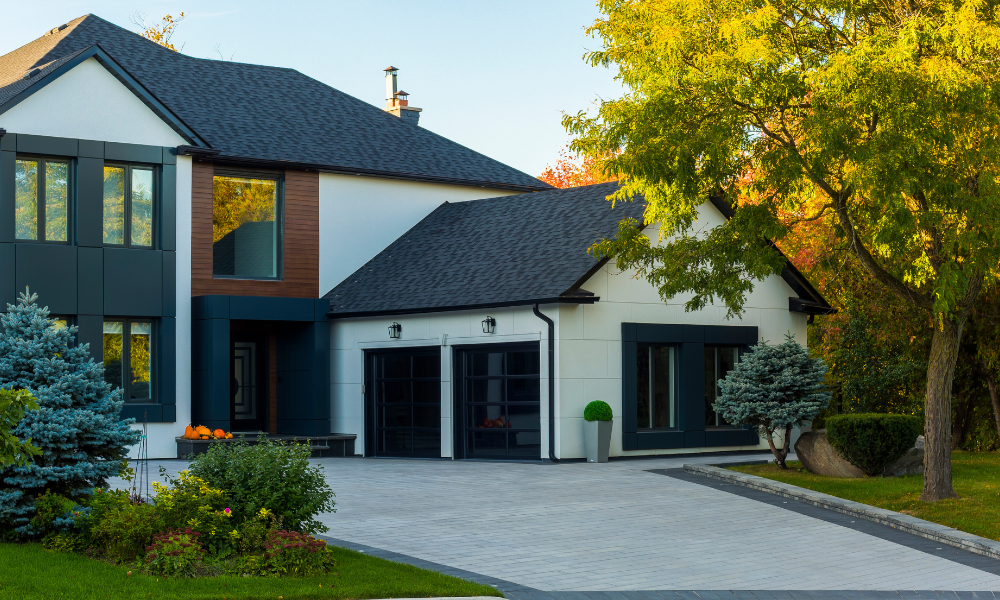Toronto and Vancouver sales retreat while Montreal and Calgary post strong luxury home gains

Canada’s luxury real estate market is facing a growing divide in 2025 as cross-border trade tensions and economic anxieties hit some cities harder than others.
Despite stable interest rates and some signs of buyer motivation, deepening Canada-US trade frictions have dampened confidence nationwide, dragging down high-end home sales in Toronto and Vancouver while Montreal and Calgary buck the trend.
The latest mid-year report from Sotheby’s International Realty Canada shows that while sales in major luxury markets have broadly softened, regional factors such as affordability, economic stability, and population growth are playing an outsized role in shaping outcomes.
“Montreal and Calgary led performance across the country, with healthy sales activity supported by relatively attainable housing prices and measured consumer confidence,” said Effi Barak, president of Sotheby’s International Realty Canada. “These conditions enabled upward mobility and sustained demand across the luxury market.
“While overall activity in Toronto and Vancouver remained subdued in the first half of the year, premier neighbourhoods in both cities continued to attract interest. In Toronto, ultra-luxury sales outperformed the prior year, underscoring the ongoing confidence of high-net-worth buyers in premier assets.”
Toronto
In the Greater Toronto Area, sales of homes priced above $1 million declined 23% in the first half of the year, with luxury deals over $4 million falling 28%. However, properties in the ultra-luxury bracket saw renewed strength. There were 12 transactions over $10 million recorded on MLS between January and June, up 200% from the same period last year.
Within Toronto city limits, $1 million-plus home sales dropped 13%, while transactions above $4 million declined 23%. Yet, even here, the highest tier performed well. Seven properties over $10 million were sold, more than double last year’s three.
Despite those high-profile sales, rising inventory and prolonged buying timelines are turning the broader luxury segment into a buyer’s market. TRREB reported over a 30% jump in listings in June, suggesting softening conditions through summer.
Vancouver
Vancouver’s luxury housing sector is under pressure from multiple fronts. Not only is the city facing prolonged economic uncertainty, but its position as Canada’s most expensive market, with a benchmark home price of $1,177,100 as of May, continues to limit upward mobility.
Sales over $4 million plunged 51% year over year in the first half of 2025, falling to just 85 transactions. Meanwhile, sales above $1 million dropped 26% to 1,760. Only two homes changed hands in the $10 million-plus range, down from seven a year earlier.
All housing segments were hit. Luxury single-family home sales over $4 million fell 52%, attached home sales over $1 million declined 20%, and high-end condo sales over $4 million dropped 29%. A decade-high in inventory and stagnant buyer interest are weighing on Vancouver’s high-end real estate well into the summer.
Read next: Vancouver housing freeze slammed by Indigenous rights advocates
Montreal
While Toronto and Vancouver grapple with stagnation, Montreal has emerged as one of the country’s most active luxury markets. The city posted a 26% year-over-year increase in residential sales over $1 million, along with a 22% rise in deals exceeding $4 million.
A total of 1,086 luxury homes were sold in the first half of the year, including one property in the $10 million-plus range. Single-family homes led the way, accounting for 42% of all high-end transactions, with 451 homes sold – a 27% increase from the previous year. Sales of attached homes jumped 28%, while luxury condo deals rose 22%.
The city’s lower average price point, $580,100 in May, according to CREA, played a key role in making luxury more accessible, boosting both market confidence and activity.
Calgary
Calgary’s luxury market continued its upward trajectory, benefiting from economic resilience and housing affordability. Residential sales over $1 million rose 3% to 1,164 transactions, with ten properties sold in the $4 million-plus range, up from seven during the same period in 2024. While no homes sold above $10 million, activity remained strong across most segments.
Single-family homes dominated high-end sales, making up 83% of luxury transactions. Attached home sales over $1 million increased 6%, while luxury condo deals slipped 8%, though they still represent only 3% of the market.
Alberta’s year-over-year population gain of nearly 28,500 in Q1, alongside a projected 1.4% GDP increase in 2025, helped offset pressures from volatile oil prices and global trade risks. Calgary’s reputation as a value market with quality inventory continues to attract both local buyers and newcomers, according to Sotheby’s.
Make sure to get all the latest news to your inbox on Canada’s mortgage and housing markets by signing up for our free daily newsletter here.



